F-105D Thunderchief
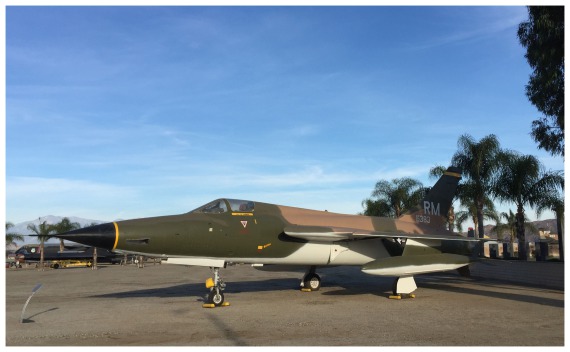
This single seat fighter-bomber built by Republic a specially designed swept-forward air intake ducts, advanced electronic equipment to provide all-weather, near automatic capabilities. The pilot could perform a round trip, […]
F-105B Thunderchief
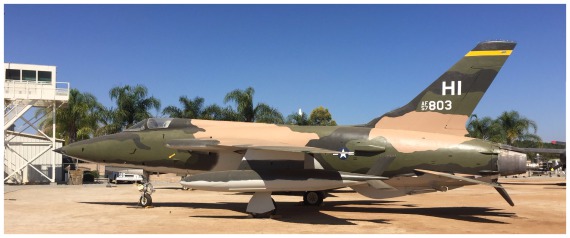
As Republic Aviation’s F-84 “Thunderjet” series of aircraft was reaching the twilight of its operational career, the engineers at Republic were hard at work on a new aircraft design. This […]
F-104 Starfighter
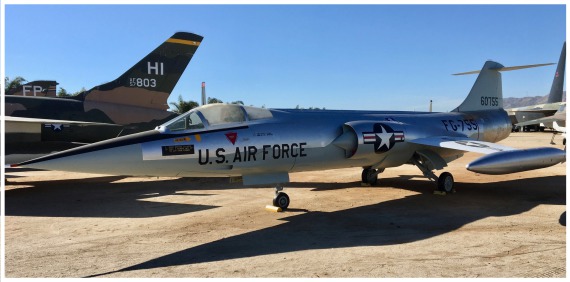
A product of the American experience in the Korean War, the F-104 Starfighter was designed to provide the U.S. Air Force with a high-speed, point-defense interceptor capable of taking on […]
F-102A Delta Dagger
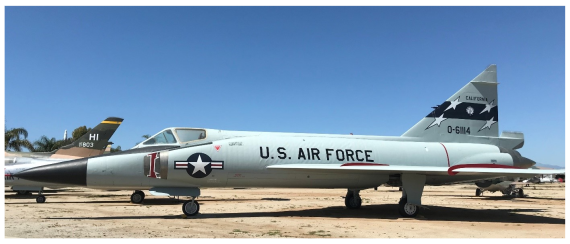
The F-102 Delta Dagger was the first operational Mach 1 capable supersonic, all-weather interceptor in the United States Air Force. Manufactured by the Convair division of General Dynamics in San […]
F-101B Voodoo
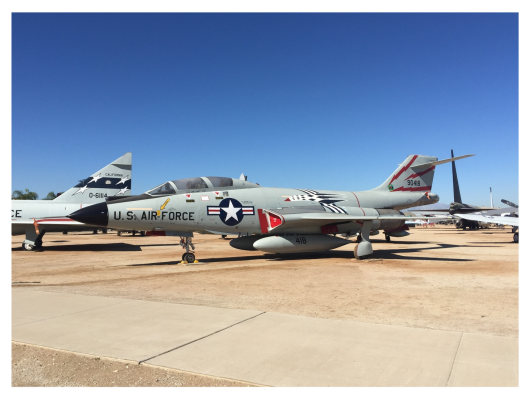
The F-101 “Voodoo” was initially intended as an all-weather, supersonic fighter escort for Strategic Air Command B-29, B-50 and B-36 heavy bombers penetrating deep into Soviet air space. As requirements […]
F-100C Super Sabre
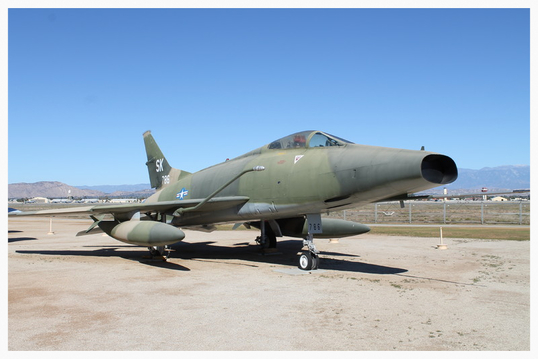
The F-100 was the first of the “Century Series” fighters developed from the North American’s F-86 “Sabre.” This single-seat, single engine fighter-bomber was the first production aircraft to fly faster […]
Fokker D.VI (7/8 Replica)
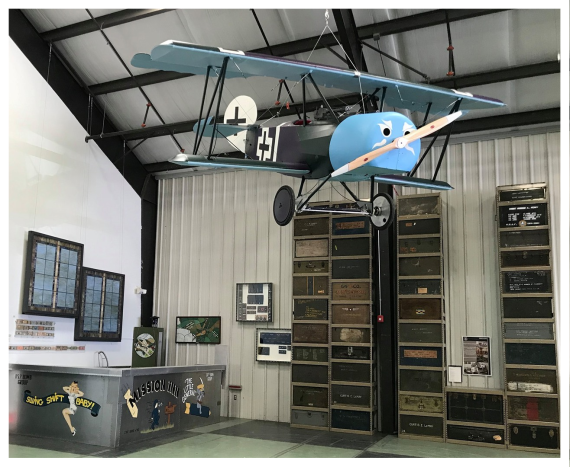
Designed in late 1917 for the Imperial German Aviation Service by Fokker-Flugzeugwerke, the Fokker D. VI was a single-seat, rotary engine, bi-wing fighter intended for front line combat use in […]
1903 Wright Flyer I (Replica)
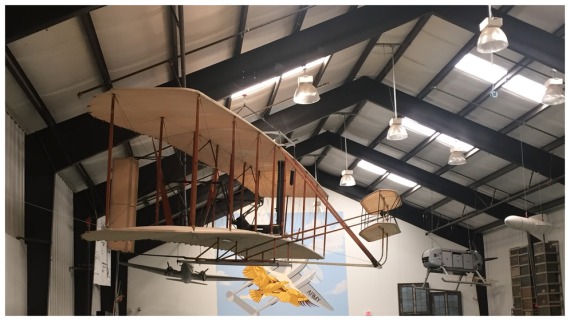
A sea change in aviation technology, the 1903 Wright Flyer was the first successful powered, heavier than air aircraft. As the first, the Wright Flyer represents the transformation of aviation […]
U-9A Aero Commander
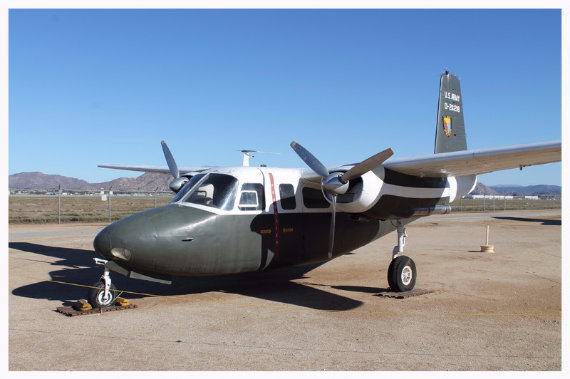
The Aero Design and Engineering Company, a subsidiary of Rockwell-Standard Corporation formed in December of 1944 in Culver City, CA, produced a twin-engine executive aircraft prototype called the Aero […]
Solid Rocket Booster – SRB
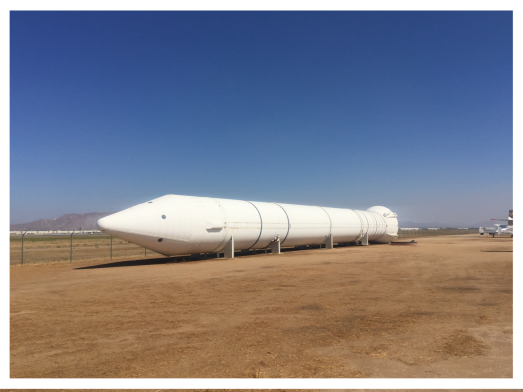
A key component of the Space Shuttle, each shuttle used a matched pair of Solid Rocket Boosters to provide 71.4 percent of the thrust to lift the space shuttle off […]
